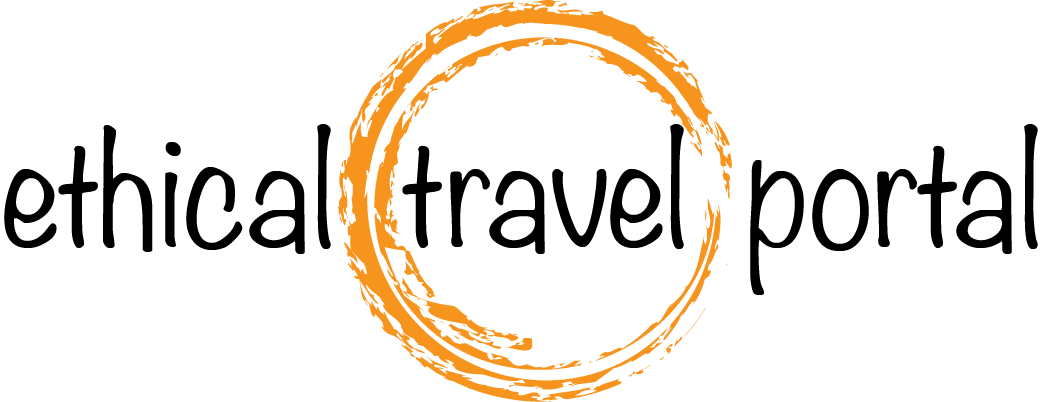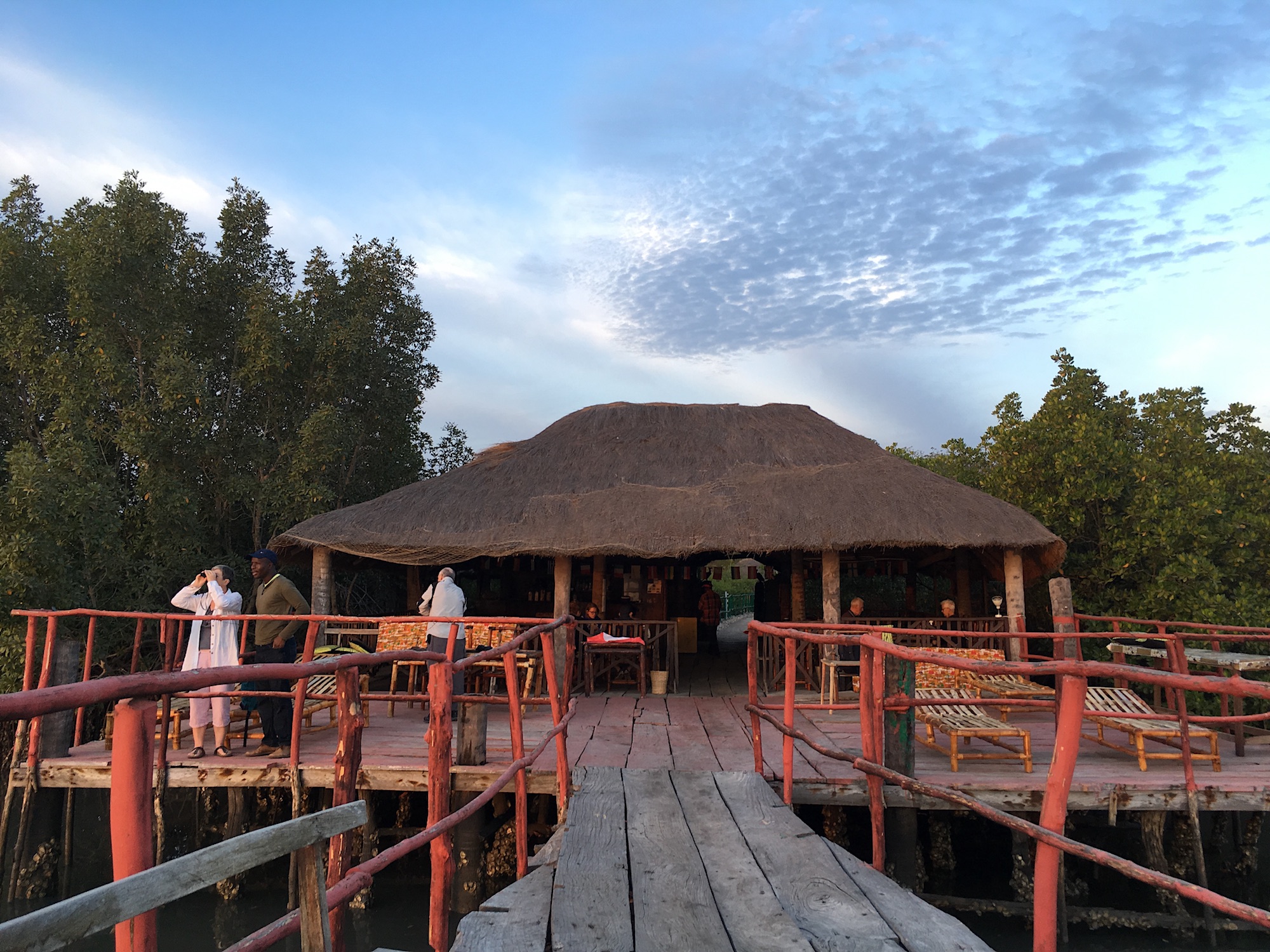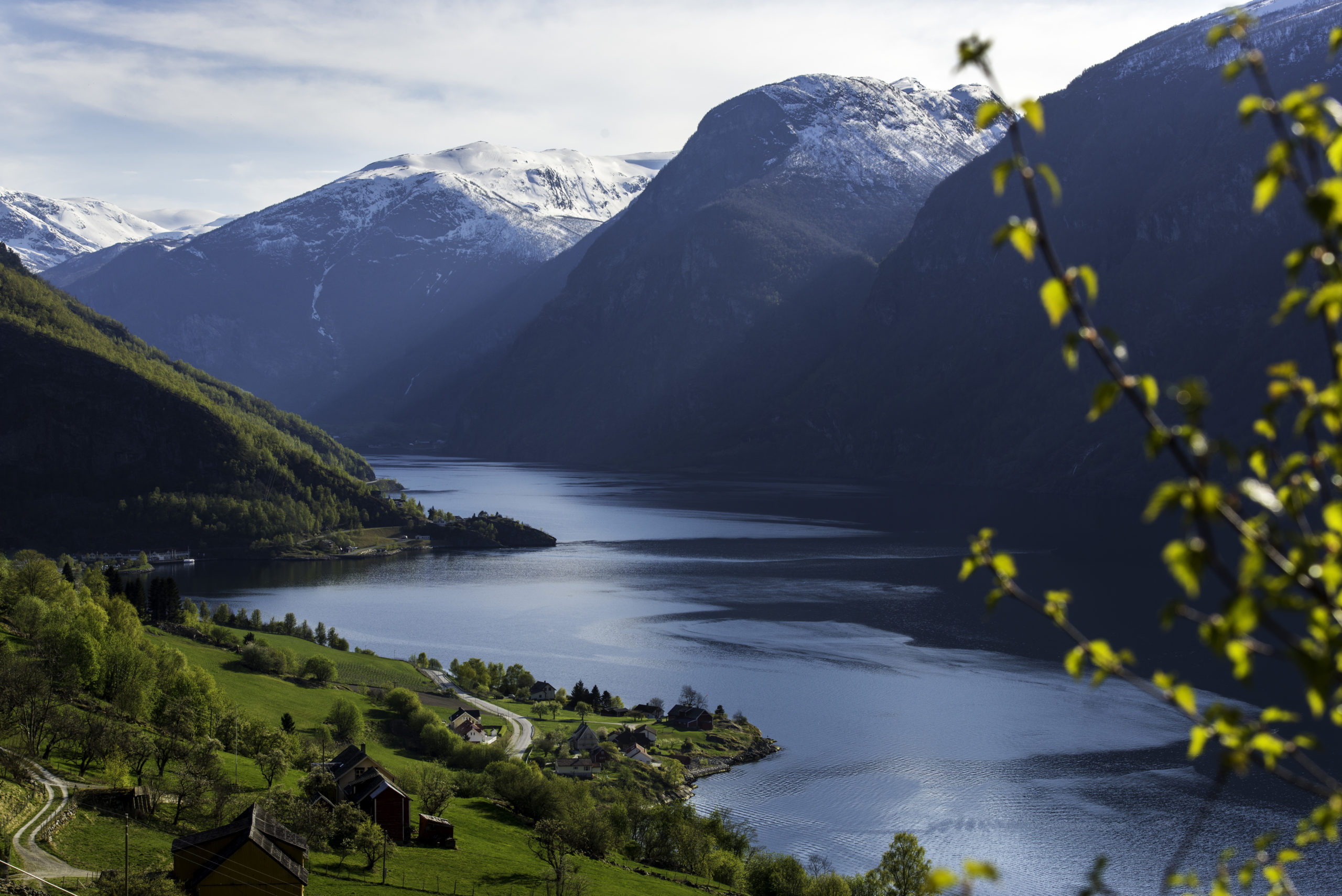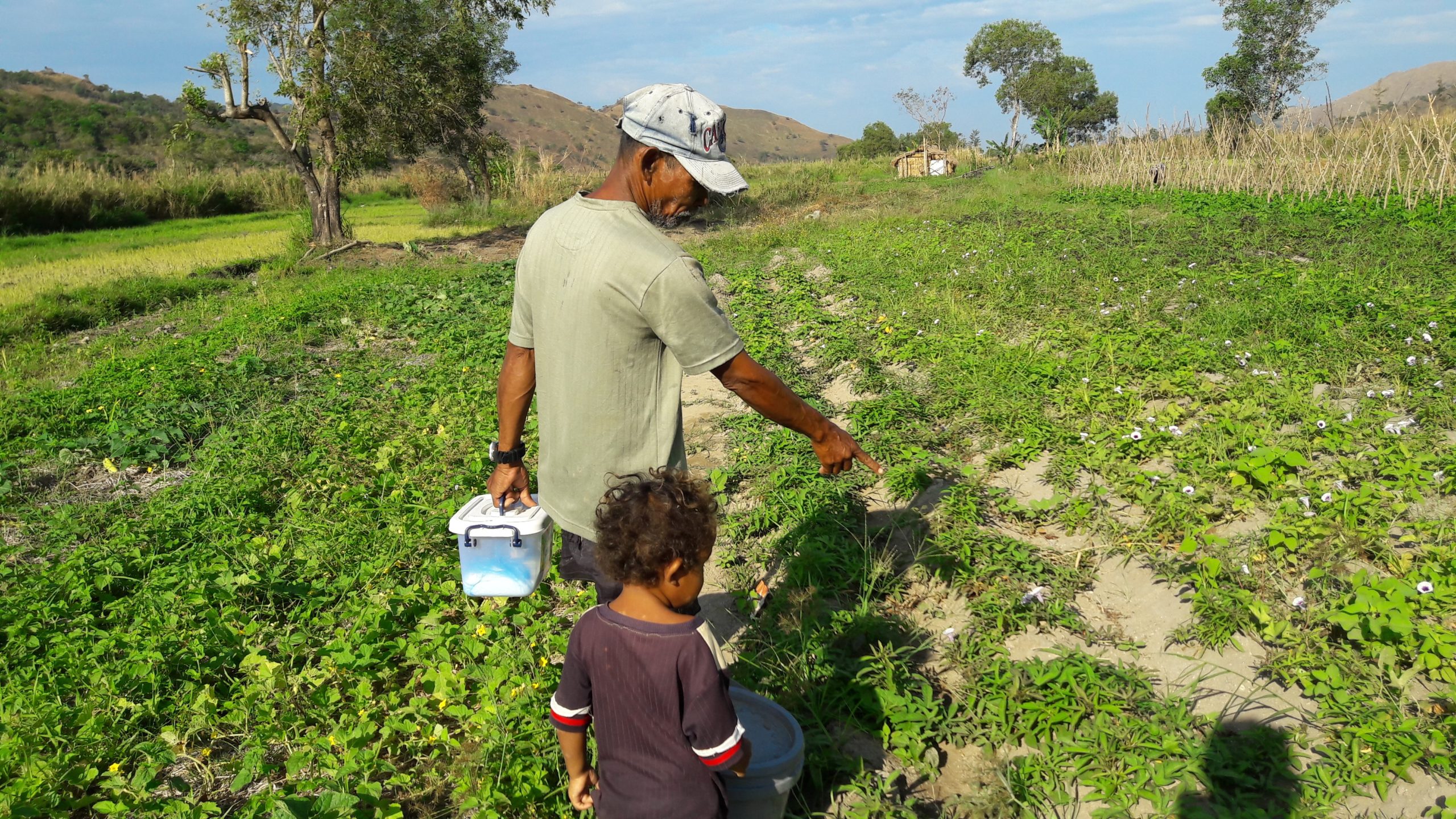

Ethical Overlanding | 7 Top Tips
5 mins readHow Can You Go Overlanding and Support the Environment at the Same Time?
Ethical overlanding is so popular for the fact that it takes you to new places. Also, instead of being focused on the destination, you learn to love and experience the journey as well. In order to handle the long adventure and the unknown roads, you need to use large vehicles. They work with either diesel or gas engines. But this could be harmful to the environment, especially since electric or hybrid vehicles are not yet available for such adventures. However, many people are thinking about switching to more environmental-friendly habits, so they can protect Mother Nature and prevent further pollution from affecting it.
The good news is that you can do a few things to overland while staying environment friendly.
1. Try Eco-Friendly Products
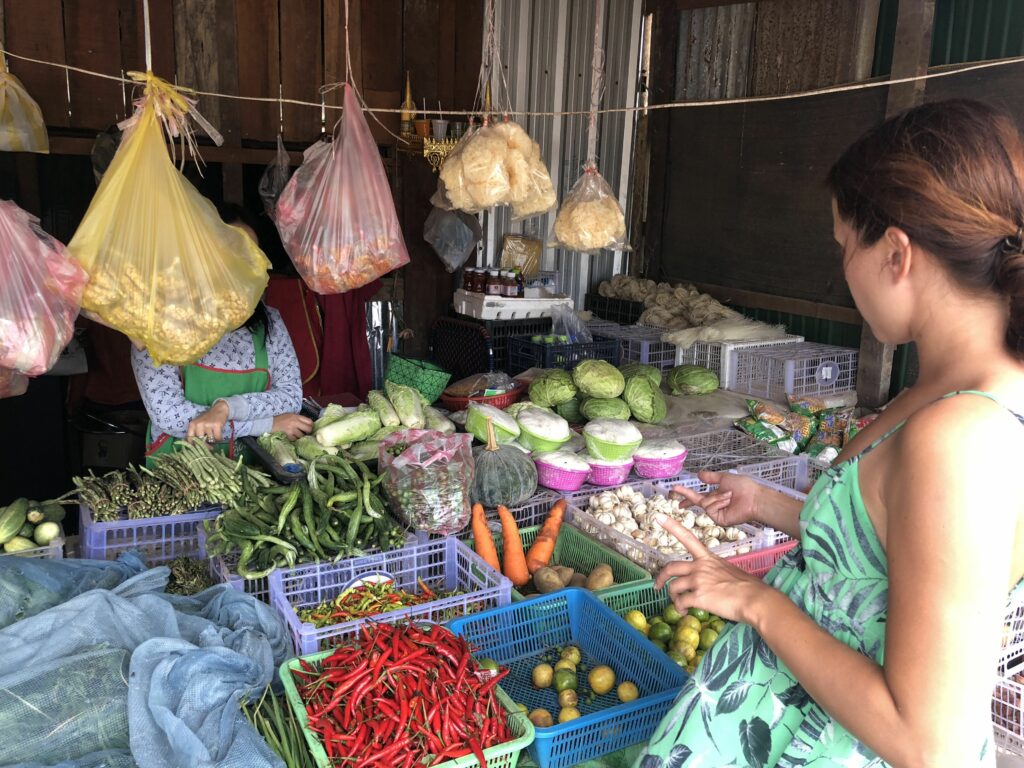

You’ll have to carry different types of washing products with you, some for your car, others for your clothes, cooking utensils, etc., and others for yourself. While many products out there are not exactly green, you also have some eco-friendly options to consider.
Switching to biodegradable products is the way to go. For instance, for wiping the hard surfaces in the RV, you could try mixing water, vinegar, and bicarbonate of soda. Spray this or apply it on the hard surfaces and use a cloth to wipe everything off. Once you’re done with this, you can also use clove oil and a liter of water to apply on the surface. If you leave them to dry, they will make sure mold stays away from the surfaces.
2. Ditch the Plastic Bags
Most people are used to plastic bags and most likely have one or more in their homes – or they used to. When you go on the road for such a long time, you may think of using various plastic bags to store things like food, containers, and other such things. But plastic is harmful to the environment, as it’s not biodegradable. Not to mention that it’s also hard to recycle. So, it’s best to stop using it. You may travel in a small group, but you can make a difference by simply trying something more eco-friendly.
You should consider buying things that are packaged in tins, bottles, or cardboard cartons. They are much better than plastic and not as harmful to nature. In the end, plastic is not the only available option for storing your belongings, and even if you find lots of plastic products in shops, you don’t always have to settle for them.
3. Start Recycling
Recycling should be a normal practice, particularly if you care about the environment and want to take measures to protect it. It may be harder to do it while overlanding, but it’s not impossible. Sure, you’ll produce a lot of waste when eating, but that doesn’t mean you cannot take the time to set up your recycling habits.
You can try creating a little system where you keep your recyclables. You don’t have to buy different bins and keep them in your trunk – you can simply have a reusable bag where you store all the different types of recyclables. For example, one can be for paper and the other one for glass.
4. Eat Local
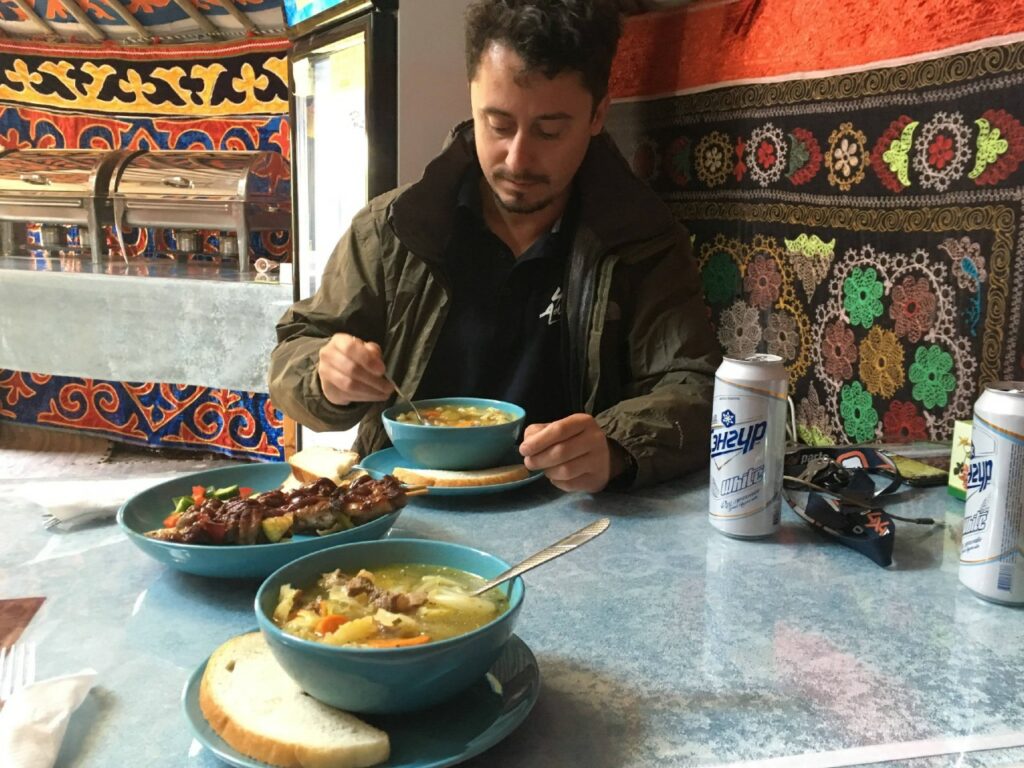

Locally grown food is the way to go. Wherever you are, you should look for locally grown food to fill your stomach. Now, sure, you may have to spend a little more to buy this kind of food, but in the end, you’ll help the environment a lot. Not to mention that you’ll also be able to support the local farmers, which will make them very happy in return. When you buy local produce, you should also ensure that you get something that doesn’t use artificial fertilizers, chemical feeds, or any energy-intensive pesticides. The less nitrogen is released into the environment, the better.
It’s even better when you see how delicious this kind of food tastes. It is fresh, nutritious and you’ll never forget the taste. Not to mention that it’s also beneficial for your health.
5. Give Up on Plastic Straws
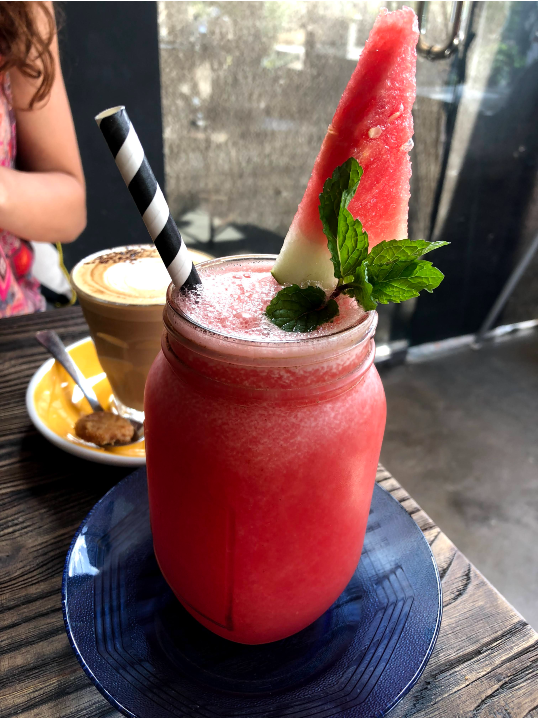

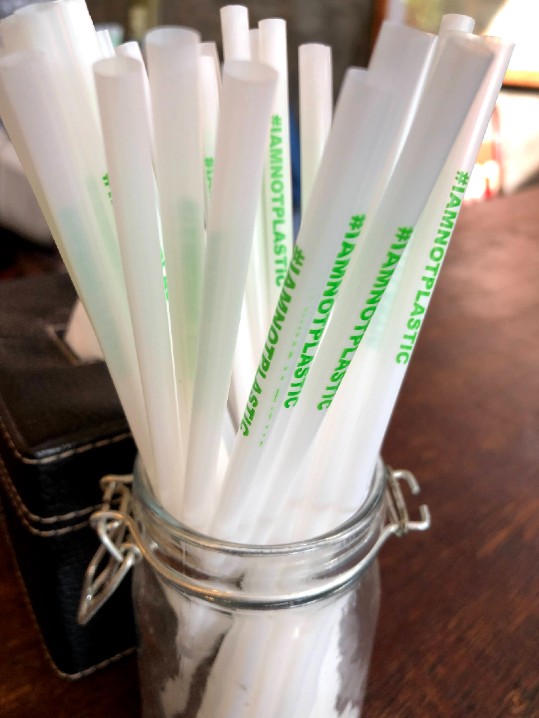

Plastic straws may be cool to have around, and it’s easy to make a drink look more inviting to your children if it has a straw – even if we’re talking about plain water. But straws are extremely harmful to nature. It harms the environment and can hurt animals. The fact that millions of straws are used on a daily basis makes everything even worse.
If you must use straws, then you should consider bamboo straws. They are compostable, and they’re also reusable. Metal straws are also a good option since you can also reuse them hundreds of times.
6. Be Careful with Water Usage
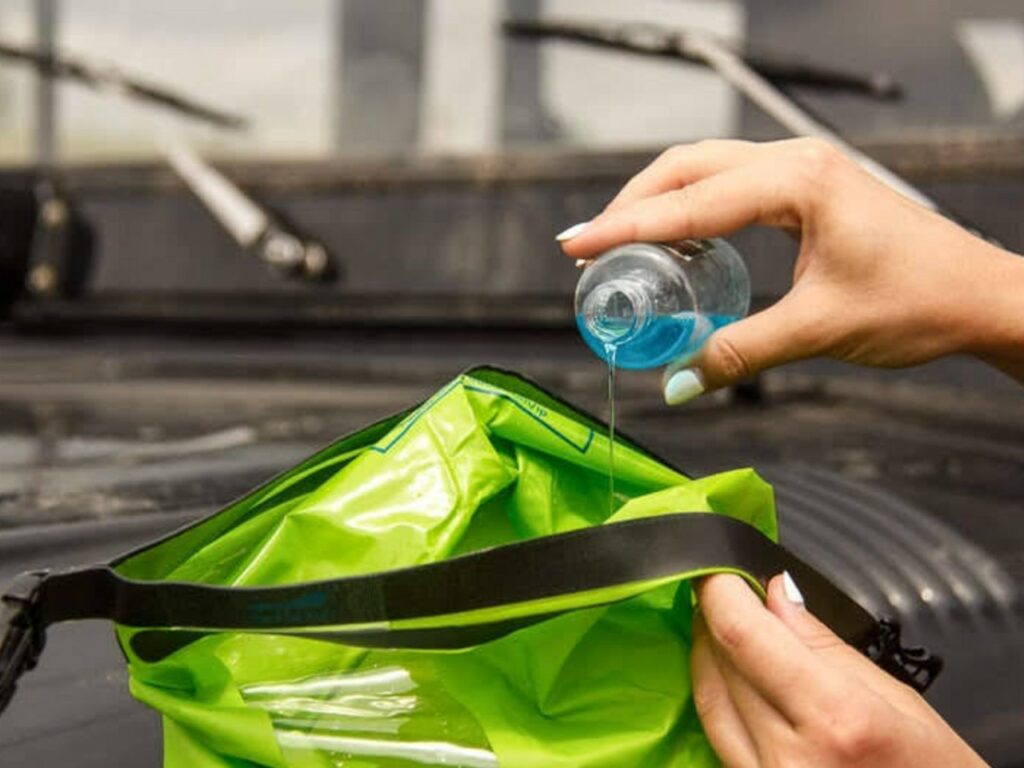

We need water all the time. We drink it and use it for washing different things, and maintaining our hygiene. But it’s best to save as much water as you can, especially if you want to help the environment.
For example, you should wash your laundry only when necessary, and shower less or for a shorter amount of time, even though it doesn’t feel too convenient. On top of that, using less shampoo and soap will reduce the time you spend in the shower. And the less time you spend showering, the less water you are going to consume.
7. Learn How to Deal with Human Waste
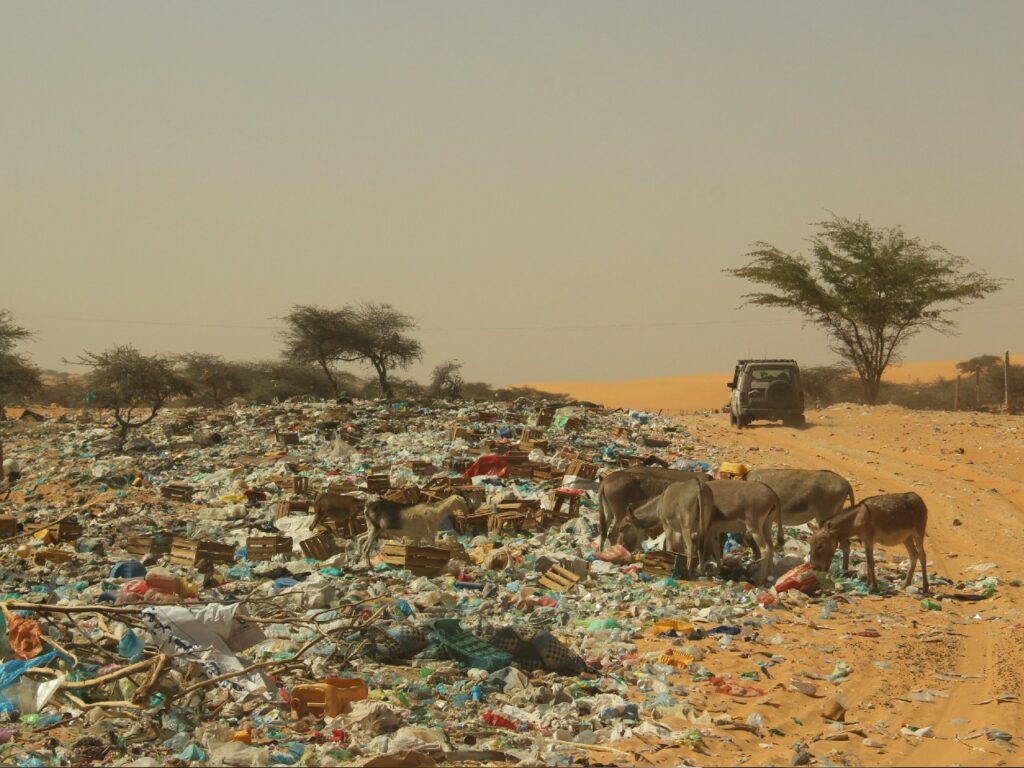

It’s not the most pleasant thing, but you must learn what to do with human waste. The best thing to do is dispose of it in a shallow hole six to eight inches deep. Besides, it should be located at least 200 feet away from water sources. Afterward, the hole should be covered and disguised with natural materials. Use recycled toilet paper that can also be buried with the rest.
Final Thoughts
Supporting the environment is extremely important when overlanding. Certain habits could end up harming nature, so it’s best to know what to pay attention to. Ditching plastic bags, straws, buying locally grown food, and saving water are great steps towards being more eco-friendly. You should also learn how to recycle, even if you’re trying to enjoy the trip. In the end, trying to protect the environment is an adventure in itself, and you’ll feel better about doing the right thing.
Learn about Climate Action Plan for a better Future here.
Related Posts
Sorry, the comment form is closed at this time.
